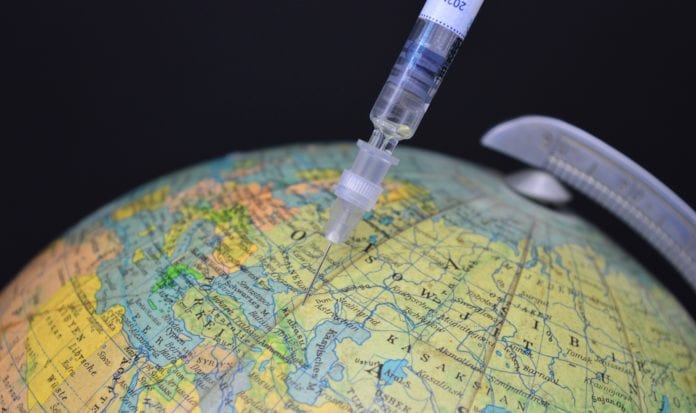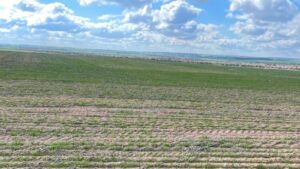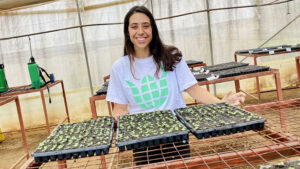Coronavirus has caused some major changes to the way that the world works. Globalization as we know it has turned 180 degrees, with countries now needing to support their own growth and development. Not only that, but companies are seeing a hit to the bottom line. With the share market under pressure, companies want to give their shareholders some sort of return. Because of that, company spending has been decreased.
But how has agriculture fared against other industries? Australia tourism, which is one of the countries biggest earners, is nonexistent apart from local tourism. Mining and agriculture have been a savior for the economy. Economic recovery from the coronavirus will not come from governments, but instead from companies and individual initiatives.
Over the last month we have seen COVID-19 have a big effect on Asia. The rest of the world has been watching and wondering what they could do to help. Governments are donating medical equipment to help with the outbreak. But what can we do in agriculture?
After every disaster food is always in great need. With a shortage of food, a country can quickly fall into chaos leading to riots and falls of government. Those that have access to food have power over people and this can lead to a warlord type of scenario where a country breaks apart into smaller regions.
This is definitely not a direction that the world would want to move in.
In developing countries, we will see an increase in growth in agriculture, especially in Africa where the world will see one of the greatest increases in population over the next 50 years. And where does all agriculture begin? With a seed. Many companies from the West have had an interest in selling seed into developing countries, but the fear of loss of intellectual property has held them back. The cost of setting up businesses within developing countries may also be prohibitive due to a small market size and the time it would take to get the sales in volumes of seed required to make it economic.
What’s the answer then? Partnerships.
The general model that is used to sell into developing countries is to just offer surplus seed that is not used in larger markets through an international seed sales specialist within a company. This is usually done at events such as the International Seed Federation World Seed Congress, where small countries from developing countries cannot afford to attend. Instead, I would encourage a more targeted approach that may be more like a development project in the beginning but will later show economic benefits.
By forming partnerships with local companies on the ground in developing countries, a company from the Western world can immediately have the contacts and the knowledge of how the local market works. Giving a seed company the technical advice and the infrastructure to sell seed will help build that relation- ship of trust so that the seed industry in that country may be able to move from the informal to the formal seed sector.
So how can a company find these contacts in developing countries? It needs a lot of research and emails.
With research and connections, you will narrow down to the right people to speak to and trust. In some cases, there are not any seed companies selling the varieties that Western companies are selling. This would require further research to determine if the varieties would grow in these countries and if they would be culturally accepted.
Keep in mind that resources are limited in developing countries. The inputs that would be applied in Western countries may be vastly different to what is applied in developing countries. You have to think: “How I could make this variety yield to it genetic potential with the resources available in the developing country and how much farmers can afford?”
It may end up that the highest yielding varieties in a developing country are not used there, but instead the most popular varieties are the most disease resistant or the most nutrient efficient, as these resources are scarce in developing countries.
Although profits may not be seen for Western seed companies investing into developing countries immediately, with patience rewards will come and in the short term you can have the feeling that you are helping in a space where western governments investing less.













